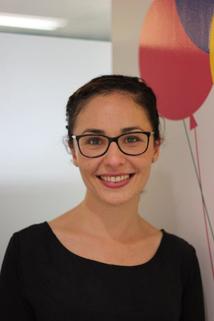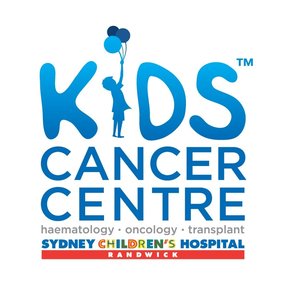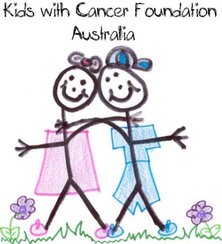I am weeks away from submitting my PhD at the University of Sydney. My PhD focused on methodological issues with patient-reported outcomes (PROs) in clinical trials, such as missing data and incomplete reporting. This work grew out of my experience working at the Quality of Life Office and assisting members of the cancer clinical trials groups to develop and analyse PRO endpoints in cancer trials. Missing data is a vexing and all too common issue. In many cases logistic oversights and administrative errors can lead to patients not completing questionnaires as scheduled, however in cancer trials, missing data is particularly common from patients who are not doing well on treatment. Therefore analysing only the available PRO data can lead to an overly optimistic picture of patient outcomes. There are statistical methods for addressing missing data, however these need to be interpreted and reported carefully within the clinical context.
Since 2013 I’ve been involved in the International Society for Quality of Life Research (ISOQOL) Best Practices for PROs Taskforce, which is developing PRO-specific guidance for trial protocols (a SPIRIT-PRO Extension: Standard Protocol Items for Randomised Trials). I have learnt so much about PRO and clinical trials methodology from this collaboration with a team of truly inspirational researchers.
I also have an honours degree in perceptual psychology; my thesis examined how certain qualities of odours (familiarity, pleasantness) interfere with our ability to name and objectively describe them. After completing my undergraduate degree I worked as a Assessor for the Making Up for Lost Time In LITeracy program at Macquarie University where I was lucky enough to work with children involved in the program from a small Indigenous Community in far North Queensland.
What is your current role?
I am looking after the Health Behaviours research program at the Behavioural Sciences Unit whilst Dr Joanna Fardell is on maternity leave (I have big shoes to fill!). There are two main projects in this program. The first is a study looking at paediatric cancer survivors’ engagement in long-term follow-up (LTFU) care, as well as their health behaviours, unmet needs, preferences for care, quality of life, and a range of other variables. The second study is a pilot test of an intervention to assist survivors of childhood cancer to “Re-engage” in LTFU care.
What are the ‘best’ parts of your current role?
I’m looking forward to working on analyses of possible associations between clinical/demographic factors and engagement in sun-protection behaviours. I’m also really interested in learning more about the complicated and diverse set of issues that long-term childhood cancer survivors are faced with. The best part of my current role would be knowing that this research is working towards improving the outcomes, quality of care and quality of life of these individuals who have already been through so much.
What are the most challenging parts of your current role?
I will only be working one day per week initially, which may be a challenge as there is a lot to learn. The Health Behaviours team have been absolutely fantastic in getting me acquainted with history of both studies and the large LTFU dataset.
Where do you see yourself in five years’ time?
I have worked in health research for a few years now and my enthusiasm for the field continues to grow, so I expect I will still be working in research in five years’ time. Whatever my focus, I hope it is patient-centred and clinically meaningful.
What advice would you have for someone wanting to follow a similar path in terms of their study/career?
1. Be prepared for a lot of acronyms!
2. Find a team that inspires you and shares your values and enthusiasm to improve patient outcomes.
3. Be open to new experiences, opportunities to learn and to work through research challenges.
The Behavioural Sciences Unit is Proudly Supported by the Kids with Cancer Foundation.



 RSS Feed
RSS Feed